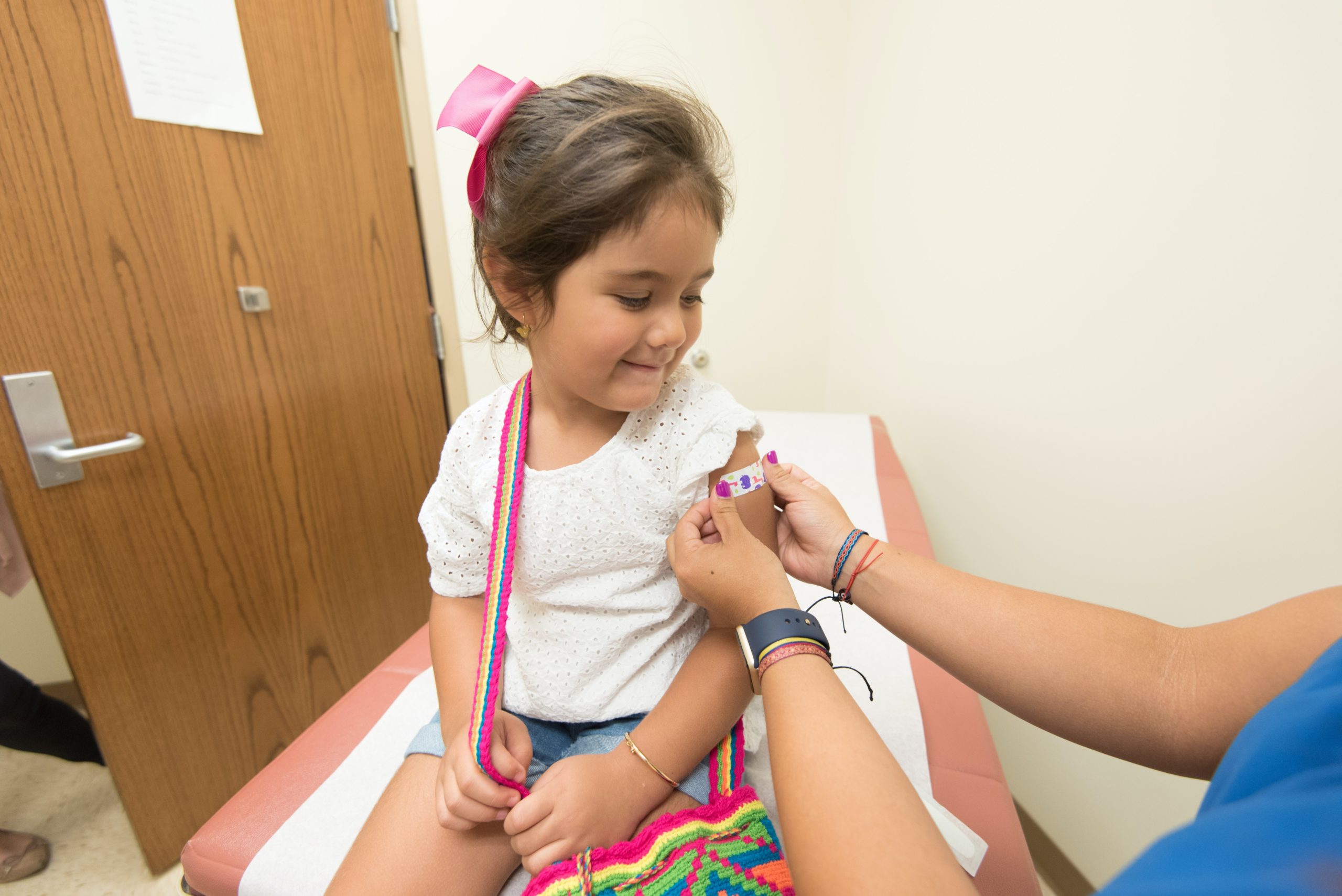4/26/2021
On Tuesday, April 13th, the CDC and FDA released a joint statement recommending a pause in the use of the Johnson & Johnson vaccine for COVID-19, sparking widespread panic, anxiety, and concern. At the time, nearly 7 million Americans had already received the vaccine. The reason for the pause was new data that revealed that 6 women between the ages of 18 and 49 had experienced rare and severe blood clots after receiving the J&J vaccine. However, even if these blood clots are found to have been directly caused by the vaccine, the side effect would have occurred in only 0.00009% of people who had been administered the vaccine.
In an era where misinformation and misleading headlines have sparked identifiable change in the world and have demonstrably negatively affected both the course of the COVID-19 pandemic, as well as the last few years in general, this decision should have been thought through more carefully before it was made. Already America has reached a problem point in its pandemic response: while over 200 million doses of vaccines have been distributed, there are now more vaccines than people who want them in many states.
At this pivotal moment, when a thorough vaccination rollout nationwide could essentially end the pandemic, anti-vaxxers are holding out and doubt runs rampant among Americans. While the blood clots are undeniably a serious side effect that must be studied, the consequences of pausing the vaccine rollout are far more severe. Feeding doubts about the safety and necessity of vaccines at such a crucial time could lead to thousands more deaths that would have been preventable if the country had achieved herd immunity earlier.
Not only is the mass doubt in the vaccine dangerous, but the Johnson & Johnson vaccine had a unique reach that should not be discounted. The fact that the J&J vaccine is one shot, rather than two, made it an attractive option for many communities that would otherwise have had trouble getting vaccinated. In New York, for example, the vaccine was “ideal for immunizing people who are hesitant or are hard to track down a month after the first dose,” and was instrumental in expanding the city’s efforts to vaccinate its homeless population. Without the J&J vaccine, those communities that are already being left behind face increased difficulty getting immunized.
While there was certainly a compelling reason for the CDC and the FDA to make their announcement, there are many other factors to consider beyond just a potential rare, new side effect. Was it ethical for the CDC and FDA to make the call that they did? Or, given the far-reaching consequences of the pause in J&J vaccinations, was it more ethical for them not to?

